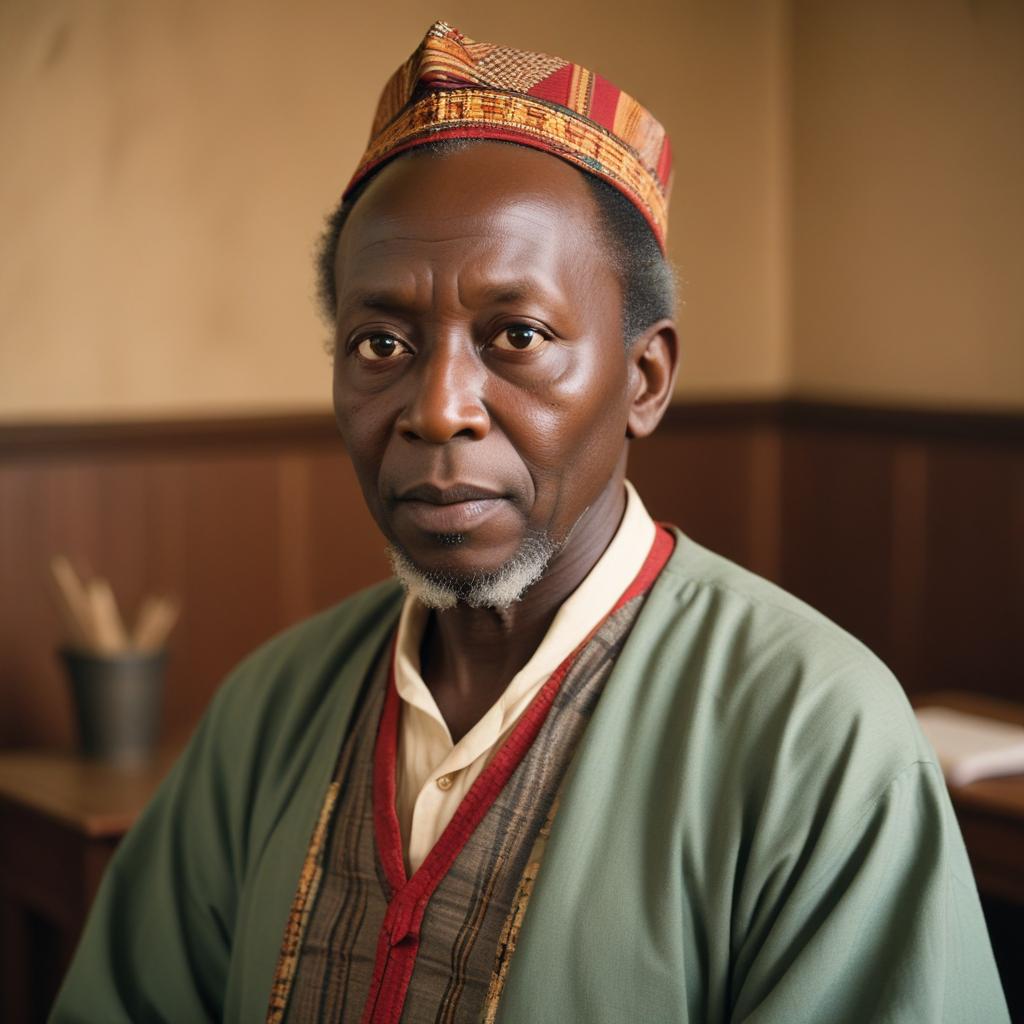Explore the life and work of Ngugi wa Thiong'o, a giant of African literature, and his lifelong fight against linguistic colonialism.
This article delves into the life and work of Ngugi wa Thiong'o, a prominent figure in African literature and a staunch advocate for decolonization. It begins by recounting his experience with the renaming of African pupils by British missionaries in the 1930s, highlighting the lasting impact of such practices. The article then follows Ngugi's journey, from his early literary success under his colonial name, James Ngugi, to his later reclamation of his Kikuyu identity and his activism against the dominance of European languages in African education and literature. His Marxist perspective, shaped by witnessing police brutality against striking miners in the UK, is also discussed. The article details his struggles with the postcolonial Kenyan authorities, including imprisonment and harassment, and his unwavering commitment to writing, even producing works on prison toilet paper. The narrative shifts to reflect on Ngugi's profound influence on a generation of writers, as exemplified by an anecdote from the 2015 Pen World Voices festival. The second half of the article broadens the scope to discuss the historical suppression of languages in various colonial contexts, using Ireland as a prime example. It examines the deliberate policies implemented by colonial powers to replace indigenous languages with those of the conquerors, citing the Statutes of Kilkenny and the writings of Edmund Spenser. The article further explores the role of education systems in perpetuating linguistic colonialism, referencing the experiences of Native Americans, the Sami people, and the impact of figures like Thomas Babington Macaulay in India. Ngugi's own work, "Decolonising the Mind," is highlighted as a key text in understanding these issues. The article concludes by emphasizing the need for a decolonized and inclusive education system, advocating for a network-based approach to language and culture, rejecting hierarchical structures and promoting the inherent value of all languages. It calls for an education that empowers individuals from their own base, fostering a global connection without the negation of their roots.



